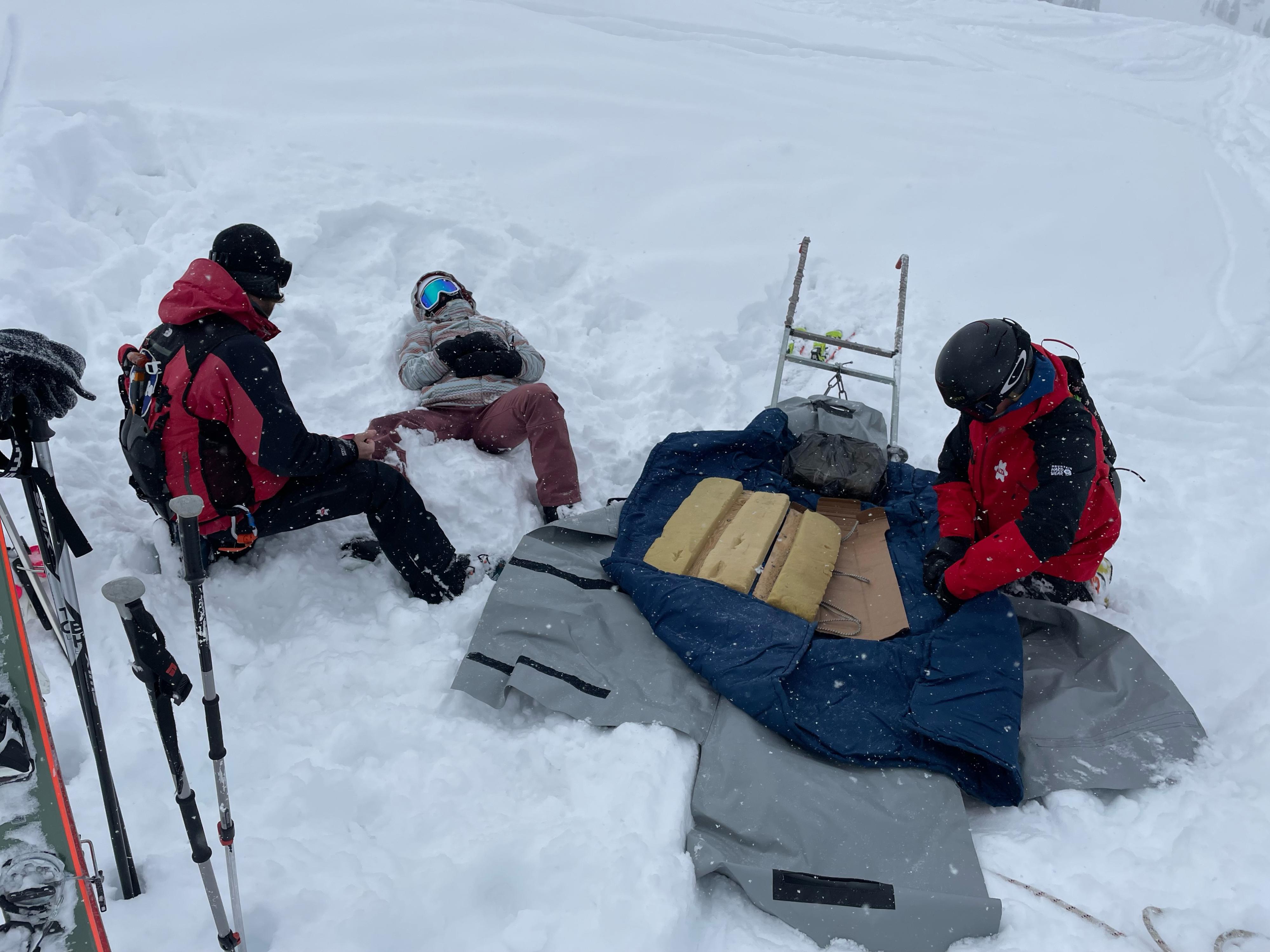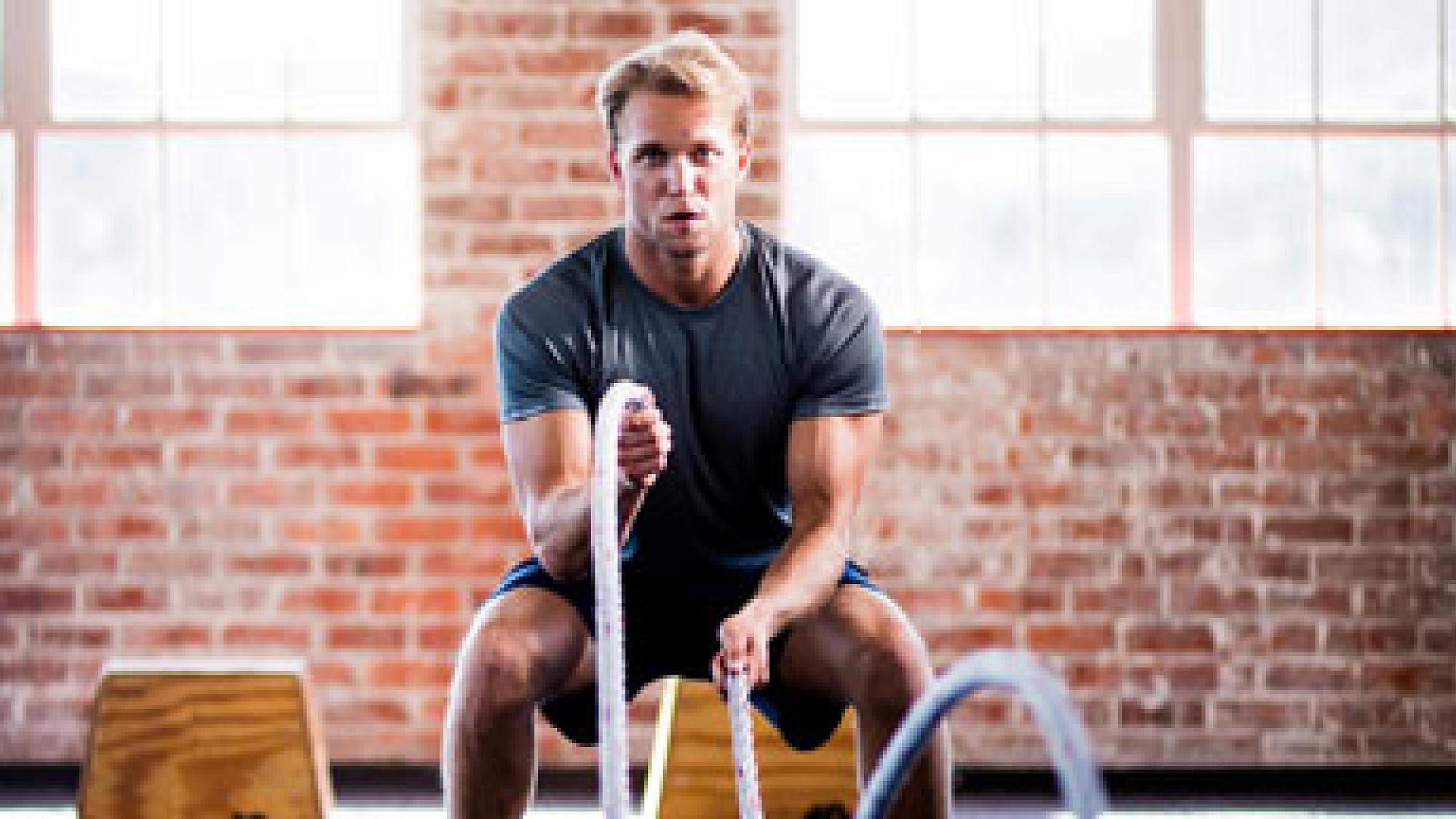Effective Treatments & Recovery Programs for ACL Tears
Our specialists at the University Orthopaedic Center have dedicated their careers to diagnosing, treating, and preventing ACL injury. We offer multidisciplinary care for each stage of your injury and recovery, as well as programs for prevention and rehabilitation. It is our mission to get you back to your highest level of function for your active lifestyle or sport.
What Is an ACL Injury?
The ACL (anterior cruciate ligament) is one of four ligaments that stabilize the knee. When your ACL is injured, your knee may become unstable and at risk for further injury. An ACL tear is one of the most common knee injuries.
Your orthopedic specialist will work with you to determine the extent of your injury and choose the best plan of treatment for your needs, especially if you’ve damaged other parts of your knee as well.
Where Is Your ACL?
Your ACL is in the center of your knee, behind the kneecap. This section of tissue connects your thigh bone to your shinbone.
ACL Tear vs. ACL Sprain
Your ACL injury may be classified as one of the following:
- a sprain (least common injury, often due to overstretching);
- partial tear; or
- full tear.
Most ACL injuries are complete or partial tears of the ligament, meaning it can no longer stabilize the knee. ACL sprains are minor injuries with little long-term damage to the ligament. Sprains usually heal in one to two weeks with rest, icing, and over-the-counter pain medication as recommended by your orthopedic specialist. Our specialists offer a complete exam and thorough diagnosis for any ACL-related pain or injury.
Torn ACL Symptoms
If you tear your ACL, you may:
- hear a popping noise at the time of injury.
- feel your knee give out from under you.
- experience pain with swelling.
- not be able to move your leg fully.
- feel joint tenderness.
- experience discomfort while walking.
Causes Of ACL Injuries
ACL injuries often occur during recreational activities or sports that involve:
- changing direction rapidly,
- stopping suddenly,
- falling or twisting while skiing,
- landing from a jump incorrectly, or
- directly colliding with someone.
Find an Orthopedic Specialist
When to Seek Treatment for an ACL Injury

If you experience any signs or symptoms of ACL injury or tear, seek care as soon as possible.
You should see a doctor within one to two weeks if you experience mild to moderate discomfort that does not improve by resting the injured knee. If your knee feels unstable or will not support your leg in normal activity, schedule an appointment with a medical provider within 24 hours.
Orthopaedic Injury Clinic
Our Orthopaedic Injury Clinic gives everyone (adults, teens, and children over the age of five) access to a trained orthopedic specialist for immediate evaluation of injuries that are two weeks or less old. We also offer same-day appointments for ACL injuries.
A visit to our Ortho Injury Clinic is often less costly than going to the emergency room, has shorter wait times, and can be scheduled at your convenience.
Our physicians provide a thorough assessment and schedule you for follow-up care or surgical treatment at our Orthopaedic Center. Call 801-587-7109 to schedule your appointment.
ACL Injury Treatment
If your lifestyle only includes light or moderate physical activity, a non-surgical approach may be a good fit for a partial or full ACL tear.
Bracing — Your orthopedic specialist may recommend a protective brace to stabilize your knee and prevent further injury. Our clinic designs custom braces specifically measured and fitted for your knee.
Physical Therapy — Physical therapy strengthens supporting muscles and tissue, increases range of motion, and restores overall function to your knee. Most physical therapy regimens span two to three months for optimal rehabilitation. Physical therapy may successfully treat an ACL injury for less active patients.
ACL Surgery — Your orthopedic specialist may recommend surgery if you want to return to an active or sports-focused lifestyle after an ACL tear. Most ACL surgeries are not done immediately unless there are other injuries to your knee that need urgent care. It is important to begin physical therapy before surgery to reduce swelling from your injury and regain a good range of motion.
How Long Does It Take to Recover From a Torn ACL?
The length of your recovery will depend on the extent of your injury and other individual circumstances.
If you experience a partial ACL tear or choose a non-surgical approach to treat a full tear, your specialist will recommend weight-bearing activity and physical therapy within a few days of the injury. Many patients typically achieve their full range of motion in three to four weeks and regain their pre-injury strength in three to four months.
Full recovery from ACL surgery may take six to 12 months.
How to Make an Appointment with an Orthopedic Specialist
If you have knee pain and would like to see an orthopedic specialist for an evaluation, contact our Orthopaedic Center at 801-587-7109. Referrals may be required based on your insurance policy. Please check with your provider to verify your coverage.
Before visiting our clinic, check with your insurance carrier to verify that care from our clinic is covered under your plan. We accept most insurance plans and most treatment is covered by insurance. However, some insurance plans have specific rules, such as requiring a referral from a primary care provider before seeing a specialist.
You can also get a referral to see one of our specialists from:
- your primary care physician or other provider,
- visiting our Ortho Injury Clinic, or
- visiting an urgent care or emergency room for acute care.
Hear From Our Patients
Medical School Student Grateful for Care from Ortho Injury Clinic
Polly Creveling, a third-year medical student at University of Utah, was skiing through two feet of deep, fresh powder when her ski got stuck in the hard snow below. An excruciating pain shot through her knee. She was diagnosed with both a torn ACL and a meniscus tear. With the in-depth comprehensive care she received from the Orthopaedic Injury Clinic and her orthopedic surgery team, she was able to continue her athletic lifestyle and participate in her med school rotations.



